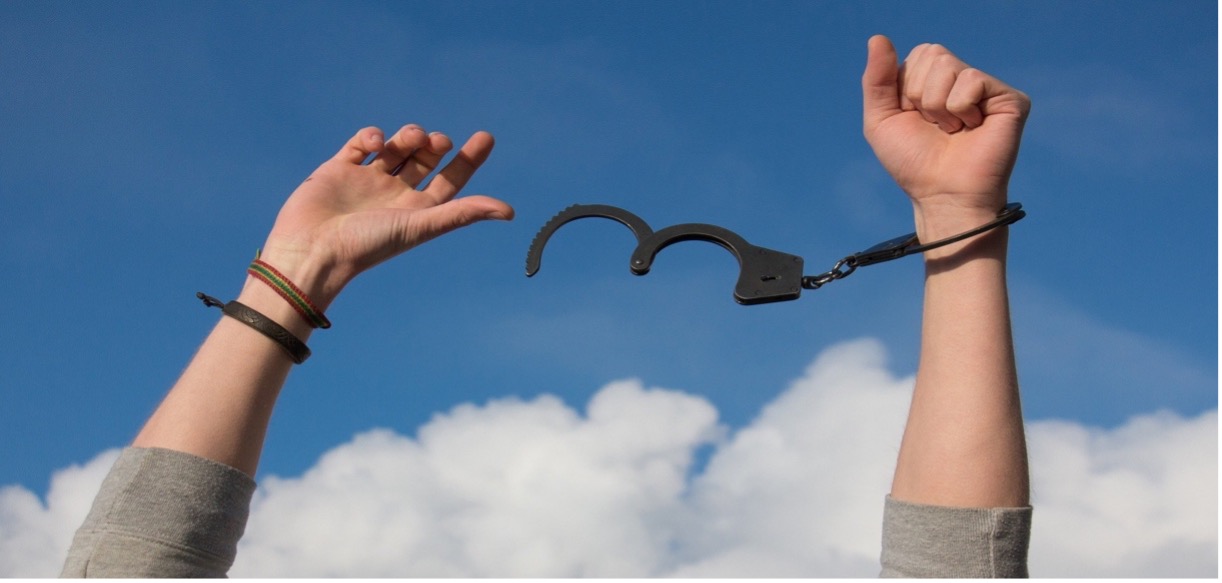What is addiction?
The term addiction is frequently linked to substance abuse. However, the brain doesn’t care what is causing the good feeling (chemicals, gambling, gaming, eating, sex, shopping, caffeine, etc.), it just wants more of it! Because these experiences are highly rewarding, there is a risk that they become addictive. Especially, if there is a lack of other pleasure in our lives or if the experience helps us escape stress and suffering in life. You may be thinking, well if it helps or makes me feel good, what is the problem? The problem is that addiction can become a source of stress itself or move someone away from their life goals. Eventually the pleasure of the addictive behavior goes down and the urge to continue engaging in the addictive behavior not only remains, it intensifies. Now, the pleasure from the addictive behavior isn’t what keeps the person doing the behavior, it is the need to feel relief from the intense and unpleasant urges that remain.
There are several stereotypes and judgements held against “an addict.” While some of these beliefs may be true, many may not apply to all people dealing with addictive behaviors. Therefore, there is value in moving away from these stereotypes and looking for how the behavior is impacting the person’s life. Do any of the following apply to you?
- Thinking or saying, “it won’t hurt if I only do it a little.”
- Feeling shame or embarrassed about your engagement with the source of addiction.
- Lying about or hiding the behavior from others.
- Using or doing more of the source of addiction over time.
- Engaging in the addictive behavior rather than other important life activities.
- Feeling as if it is too hard or even impossible to stop engaging in the behavior.
Ways DBT can help
 DBT is all about helping someone to identify what their life worth living looks like and empowering a person to build that life. The goal is not primarily abstinence, but to lessen or prevent addictive behaviors that interfere with building one’s life worth living. Your DBT therapist works collaboratively with you to identify what it is that you want to work on, without pulling you in a direction that does not line up with your values, beliefs, and hopes for your life. Your DBT therapist will also work with you to learn four sets of skills that are effective tools to overcome addictive behaviors: mindfulness, distress tolerance, emotion regulation, and interpersonal effectiveness.
DBT is all about helping someone to identify what their life worth living looks like and empowering a person to build that life. The goal is not primarily abstinence, but to lessen or prevent addictive behaviors that interfere with building one’s life worth living. Your DBT therapist works collaboratively with you to identify what it is that you want to work on, without pulling you in a direction that does not line up with your values, beliefs, and hopes for your life. Your DBT therapist will also work with you to learn four sets of skills that are effective tools to overcome addictive behaviors: mindfulness, distress tolerance, emotion regulation, and interpersonal effectiveness.
Do you ever feel like life is passing by, while you are disconnected from your bodily sensations and your surrounding environment? Many people find themselves living in a disconnected way, rather than truly engaging and being aware of the present environment or situation. Being mindful means being fully immersed in the moment while not judging the thoughts, feelings, and behavioral urges that are present. When applying mindfulness to addiction, there is a need to be aware of what is happening that leads us to engage in the addictive behavior. If we don’t have this information, how can we expect ourselves to not only refrain from the behavior, but choose to do something different.
 We all experience a crisis in our life at one point or another— sometimes it feels like we may be even moving from one crisis to the next! When we experience distress during these times, we immediately want to get rid of those feelings. One way people do this is by indulging in a behavior that initially produces a reward. DBT will help you increase your tolerance and acceptance of these thoughts and feelings. This, in turn, helps you cope with triggers that likely once led you to the addictive behavior in the first place.
We all experience a crisis in our life at one point or another— sometimes it feels like we may be even moving from one crisis to the next! When we experience distress during these times, we immediately want to get rid of those feelings. One way people do this is by indulging in a behavior that initially produces a reward. DBT will help you increase your tolerance and acceptance of these thoughts and feelings. This, in turn, helps you cope with triggers that likely once led you to the addictive behavior in the first place.
Emotions are a necessary part of life. Believe it or not, they are there to help and protect us. Yes, even the ones that feel pretty dang bad! There is a difference between having the emotions and being controlled by them. Emotion regulation is all about learning how to understand your emotions, reduce your vulnerability to strong emotions, and manage overwhelming and unwanted feelings.
Think about the relationships you have right now. Are you satisfied with them? Do you feel connected or estranged from these people? Are the people in your life engaging in the addictive behavior with you? Let’s be honest, relationships are complicated and can be a lot of work, maybe even contributing to what keeps us in the addiction cycle. Interpersonal effectiveness helps us find ways to build meaningful, healthy, and rewarding relationships without compromising our own needs and wants.
DBT has the necessary components to prevent addictive behaviors from interfering with building your life worth living—the deeply satisfying life that you can work toward! DBT treatment collaboratively teaches these skills in an environment that balances effective strategies to change addictive behavior with nonjudgmental acceptance toward you and your life goals.
About the Author
Desirae Allen (she/her), Psy.D., is a licensed clinical psychologist that specializes in dialectical behavior therapy. Desirae works with teens and adults, creating a compassionate and judgement-free space, where clients can find wellness and recovery. Desirae believes that DBT can make a long-term difference in people’s lives, and she strives to work collaboratively with her clients to provide adherent DBT. Click Here to learn more about Desirae’s experience and therapeutic style.
Additional Information:
Research on the benefits of DBT for addictive behaviors from Behavioral Tech: Click Here
Peer-reviewed research on DBT for addictive behaviors: Click Here

